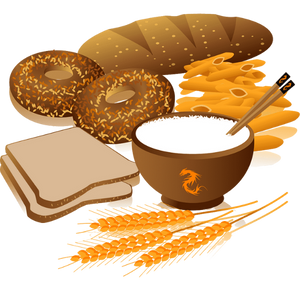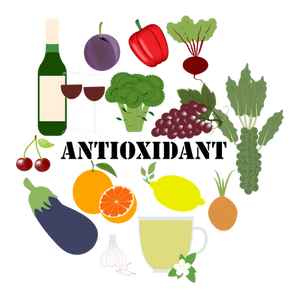Foods to Eat During IVF Treatment
In vitro fertilization (IVF) can be a long and challenging journey for couples hoping to start a family. While many factors contribute to the success of IVF, it’s well-known that diet plays a crucial role in supporting fertility. Proper nutrition not only affects the overall health of the body, but also provides the essential vitamins, minerals, and nutrients needed to promote healthy reproductive function. In this blog, we will explore some of the most nutritious and beneficial foods that can support the IVF process and optimize the chances of success.
 Whole Grains: Whole grains are rich in fiber and help regulate blood sugar levels. They also provide energy, which is important during the IVF process. Whole grains include things like brown rice, whole-grain bread, and quinoa.
Whole Grains: Whole grains are rich in fiber and help regulate blood sugar levels. They also provide energy, which is important during the IVF process. Whole grains include things like brown rice, whole-grain bread, and quinoa.
Leafy Greens: Leafy greens like spinach, kale, and broccoli are high in folic acid, which is important for the development of a healthy fetus. These greens also contain vitamins and minerals that support overall health.
Healthy Fats: Healthy fats, such as those found in avocado, olive oil, and nuts, can help regulate hormone levels and improve fertility.
Proteins: Proteins are necessary for tissue growth and repair. Good sources of protein include eggs, fish, and chicken. Vegetarian sources include beans, lentils, and tofu.
 Antioxidant-Rich Foods: Antioxidants like vitamins C and E help protect the body against damage from free radicals. Fruits and vegetables, such as berries, sweet potatoes, and carrots, are excellent sources of antioxidants.
Antioxidant-Rich Foods: Antioxidants like vitamins C and E help protect the body against damage from free radicals. Fruits and vegetables, such as berries, sweet potatoes, and carrots, are excellent sources of antioxidants.
Fermented Foods: Fermented foods, such as yogurt and kimchi, contain probiotics that can improve gut health and support the immune system.
Foods to Avoid During the Treatment
During medical treatment, there may be certain foods that a doctor or healthcare provider may recommend avoiding. This can depend on the type of treatment and the individual’s specific health conditions. Some common foods to avoid during treatment include:
Fried and fatty foods: These can cause indigestion and worsen symptoms like nausea and vomiting.
Dairy products: For some individuals, dairy products may cause digestive issues, such as bloating, gas, and diarrhea.
Certain fruits and vegetables: Some fruits and vegetables, like broccoli and cabbage, can cause gas and bloat and may need to be limited during treatment.
 Alcohol: Alcohol can interfere with the effectiveness of certain medications and may worsen some health conditions.
Alcohol: Alcohol can interfere with the effectiveness of certain medications and may worsen some health conditions.
Caffeine: Caffeine can affect the way the body processes certain medications and may cause side effects such as jitters, increased heart rate, and trouble sleeping.
It’s important to follow your doctor’s advice and to keep track of any changes in symptoms after eating certain foods. Consult your healthcare provider for personalized advice on which foods to avoid during your treatment.
It is important to note that everyone’s nutritional needs are different, and it’s best to speak with a doctor or registered dietitian for personalized advice. During IVF treatment, it is also essential to maintain a healthy weight and avoid foods and drinks that can be harmful, such as alcohol and caffeine.
In summary, incorporating a variety of nutrient-dense foods into your diet can support your overall healthy pregnancy and increase your IVF success rates.
